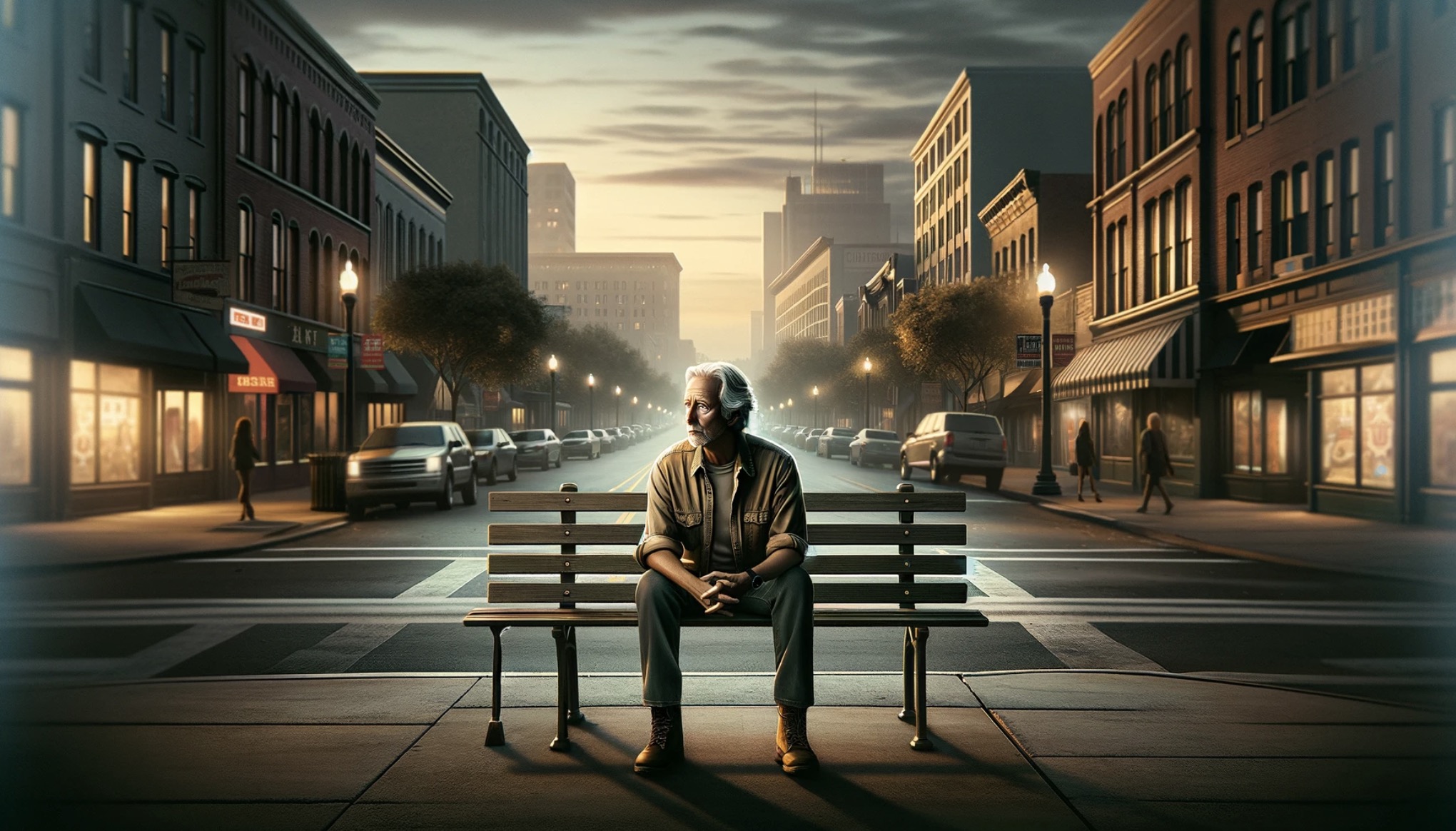Paul Simon, an artist whose name is synonymous with poetic songwriting and a unique blend of folk and rock, gifted the world with the song “Still Crazy After All These Years” in 1975. This song, title track of the album with the same name, stands out as a testament to Simon’s lyrical genius and his ability to blend melancholy with a touch of humor.
But what makes “Still Crazy After All These Years” particularly special is its enduring relatability and the way it captures a sense of introspection that resonates across generations.
Meaning of “Still Crazy After All These Years”
At its core, “Still Crazy After All These Years” is a song about reflection, aging, and the complexities of maintaining one’s identity through life’s changes. Paul Simon masterfully weaves a narrative that is both personal and universal, using poignant lyrics to paint a picture of someone looking back on their life with a mix of nostalgia, regret, and acceptance.
“I met my old lover on the street last night. She seemed so glad to see me, I just smiled”
This opening line sets the tone for the entire song – a chance encounter that sparks a journey into the past. The simplicity of the meeting contrasted with the depth of the emotions it evokes is a theme that Simon explores throughout the song.
The chorus, “Still crazy after all these years,” highlights the song’s central theme of self-reflection. It suggests a realization that despite the passage of time and all the changes it brings, there’s a core part of our identity that remains unchanged.
“Four in the morning, crapped out, yawning, longing my life away. I’ll never worry, why should I? It’s all gonna fade.”
These lines, laden with a sense of weariness and resignation, reflect the feelings of someone who has experienced much and is coming to terms with the impermanence of life and the futility of worry.
Societal Context and Creation
“Still Crazy After All These Years” was written during a period of significant transition in the 1970s. The post-Vietnam era, coupled with a rapidly changing social landscape, influenced many artists of the time, including Paul Simon. This song, in particular, seems to capture the mood of an entire generation grappling with the realities of aging and the changing world around them.

An interesting trivia about this song is its somewhat unplanned creation. Simon has mentioned in interviews that the song came to him quickly and somewhat unexpectedly, a sudden burst of inspiration that turned into one of his most enduring hits.
“An Introspective Journey”: Paul Simon’s Own Thoughts on the Song
Paul Simon has often reflected on “Still Crazy After All These Years” with a sense of pride and personal connection. He has described the song as an introspective journey, one that allowed him to explore his own feelings of nostalgia, the passage of time, and the enduring nature of certain aspects of the self.
In various interviews, Simon has expressed that this song, like many of his works, is a reflection of his own life experiences and emotions. He views songwriting as a deeply personal process, a way to understand and articulate his journey through life.
Conclusion: The Timeless Relevance of “Still Crazy After All These Years”
“Still Crazy After All These Years” remains a powerful piece of music because of its ability to resonate with listeners across different ages and backgrounds. Its themes of introspection, aging, and the constancy of certain aspects of our identity are universal. As society continues to evolve, the song’s reflective nature keeps it relevant, offering future generations a window into the human experience of looking back and finding comfort in one’s enduring essence.
Will “Still Crazy After All These Years” maintain its popularity? Given its deep emotional resonance and the timeless quality of Paul Simon’s songwriting, it is likely to continue touching hearts for many years to come.
References
- Paul Simon interviews and documentaries
- Analysis of the 1970s socio-cultural landscape
- Song lyrics and interpretations from various music critics and historians